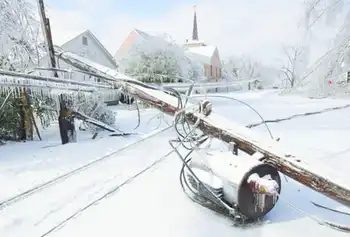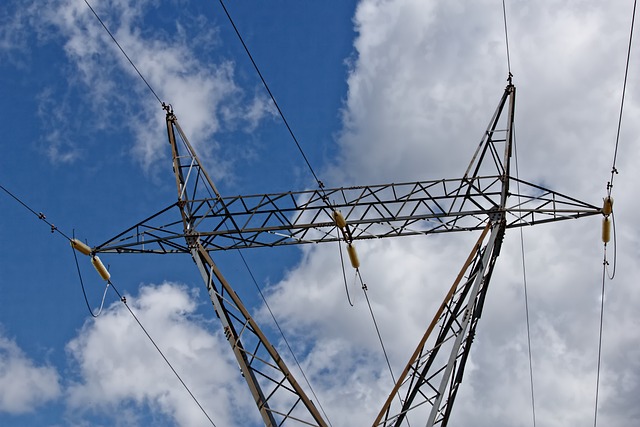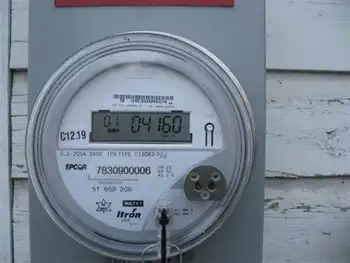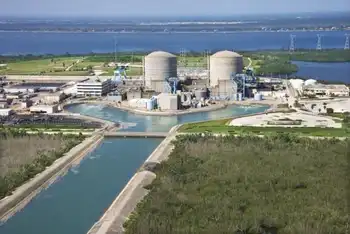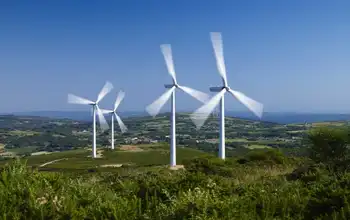Vietnam Redefines Offshore Wind Power Regulations
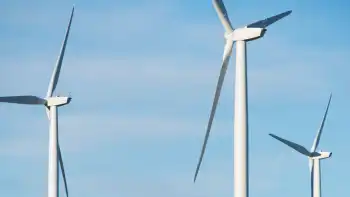
Protective Relay Training - Basic
Our customized live online or in‑person group training can be delivered to your staff at your location.

- Live Online
- 12 hours Instructor-led
- Group Training Available
Vietnam Offshore Wind Regulations expand coastal zones to six nautical miles, remove water depth limits, streamline permits, and boost investment, grid integration, and renewable energy capacity across deeper offshore wind resource areas.
Key Points
Policies extend sites to six nautical miles, scrap depth limits, and speed permits to scale offshore wind.
✅ Extends offshore zones to six nautical miles from shore
✅ Removes water depth limits to access stronger winds
✅ Streamlines permits, aiding grid integration and finance
Vietnam has recently redefined its regulations for offshore wind power projects, marking a significant development in the country's renewable energy ambitions. This strategic shift aims to streamline regulatory processes, enhance project feasibility, and accelerate the deployment of offshore wind energy in Vietnam's coastal regions, amid a trillion-dollar offshore wind market globally.
Regulatory Changes
The Vietnamese government has adjusted offshore wind power regulations by extending the allowable distance from shore for wind farms to six nautical miles (approximately 11 kilometers), a move that aligns with evolving global practices such as Canada's offshore wind plan announced recently by regulators. This expansion from previous limits aims to unlock new areas for development and maximize the utilization of Vietnam's vast offshore wind potential.
Scrapping Depth Restrictions
In addition to extending offshore boundaries, Vietnam has removed restrictions on water depth for offshore wind projects. This revision allows developers to explore deeper waters, where wind resources may be more abundant, thereby diversifying project opportunities and optimizing energy generation capacity.
Strategic Implications
The redefined regulations are expected to stimulate investment in Vietnam's renewable energy sector, attracting domestic and international stakeholders keen on capitalizing on the country's favorable wind resources, with World Bank support for wind underscoring the growing pipeline in developing markets. The move aligns with Vietnam's broader energy diversification goals and commitment to reducing reliance on fossil fuels.
Economic Opportunities
The expansion of offshore wind development zones creates economic opportunities across the value chain, from project planning and construction to operation and maintenance. The influx of investments is anticipated to spur job creation, technology transfer, and infrastructure development in coastal communities, as industry groups like Marine Renewables Canada shift toward offshore wind specialization.
Environmental and Energy Security Benefits
Harnessing offshore wind power contributes to Vietnam's efforts to mitigate greenhouse gas emissions and combat climate change. By integrating renewable energy sources into its energy mix, Vietnam enhances energy security, as seen in the UK offshore wind expansion, reduces dependency on imported fuels, and promotes sustainable economic growth.
Challenges and Considerations
Despite the promising outlook, offshore wind projects face challenges such as technical complexities, environmental impact assessments, and grid integration, as well as exposure to policy risk exemplified by U.S. opposition to offshore wind debates.
Future Outlook
Looking ahead, Vietnam's redefined offshore wind regulations position the country as a key player in the global renewable energy transition, a trend reinforced by progress in offshore wind in Europe elsewhere. Continued policy support, investment facilitation, and technological innovation will be critical in unlocking the full potential of offshore wind power and achieving Vietnam's renewable energy targets.
Conclusion
Vietnam's revision of offshore wind power regulations reflects a proactive approach to advancing renewable energy development and fostering a conducive investment environment. By expanding development zones and eliminating depth restrictions, Vietnam sets the stage for accelerated growth in offshore wind capacity, contributing to both economic prosperity and environmental stewardship. As stakeholders seize opportunities in this evolving landscape, collaboration and innovation will drive Vietnam towards a sustainable energy future powered by offshore wind.






